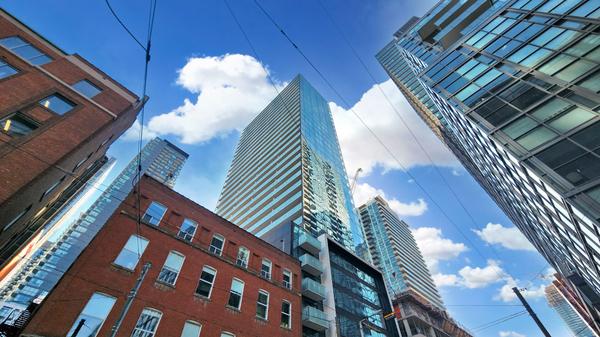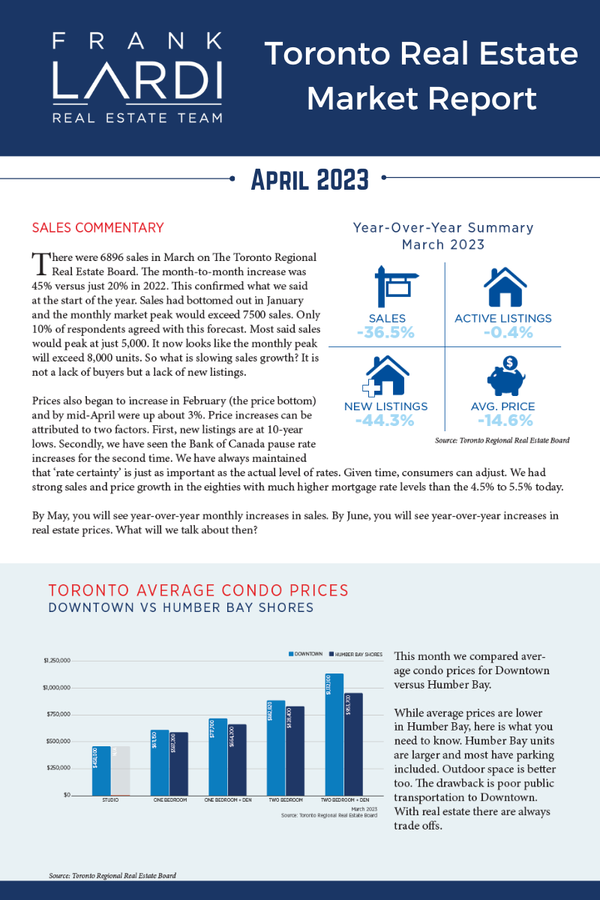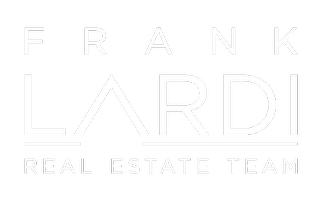What you need to know about interim occupancy and occupancy fees
In The 4 Most Important Things You Need To Know About Closing Costs, we talked about the additional fees and expenses, over-and-above the purchase price, that a new condo buyer is responsible for on final closing, including land transfer taxes, development charges and utility hook-ups.
Final closing represents the official end of the transaction between a developer and a buyer; it’s on this date that a buyer obtains his or her mortgage, pays the developer the balance of the purchase price outstanding, and receives title to the property. However, final closing is only one of several critical dates in the new condo buying process.
During this installment, I’d like to discuss the period of time prior to final closing called interim occupancy.
What You Need To Know About Interim Occupancy and Occupancy Fees
When purchasing a new condo, there is a period of time between when you take possession of your unit and when you ultimately take ownership known as the ‘occupancy period’ or ‘interim occupancy’.
Interim occupancy takes place when the municipality has declared the building sufficiently complete and fit for habitation. Condo buyers can begin moving into the building but don’t yet have title to their suites.
Ownership will not be transferred until the municipality has entered each unit into the province’s Land Registry System; with hundreds of units to register in a single building this process can take some time.
Interim occupancy for a new condominium can be anywhere from 6 to 12 months. Note that suites on lower floors are generally occupied first and therefore, will have a longer occupancy period.
During occupancy, you must pay a fee to the developer for the right to live in the property; the fee consists of three parts:
-Interest on the unpaid balance of the purchase price at a prescribed rate under the Condominium Act,
-An estimate of the municipal property taxes, and
-The projected common expense contribution for the unit
These fees are paid monthly by means of post-dated cheque for the duration of the occupancy period.
The occupancy period ends once the building has been fully registered. At that time, a final closing date is set by the developer. On final closing, you stop paying the occupancy fee, your mortgage kicks in, the developer is paid the balance of the purchase price outstanding, and you receive the deed to your property.
I hope you found this instalment of the Condo Millionaire series entertaining and informative. In the event that you have any questions about the article, are in need of assistance with buying or selling real estate, or have friends or family looking for a professional Realtor, please don’t hesitate to get in touch. I’d be happy to help in any way that I can.
Click here to read the next instalment: Renting Your Condo on Airbnb – The Good, The Bad, and The Ugly.
Categories
Recent Posts










GET MORE INFORMATION

